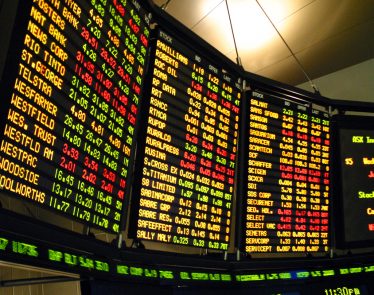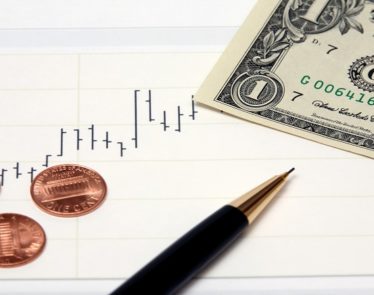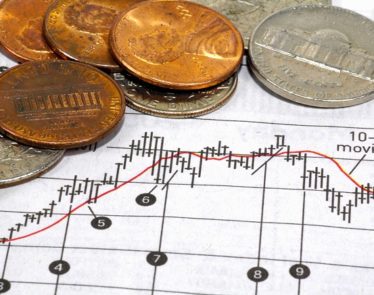Coined by Garrett Hardin in 1968, the tragedy of the commons is a term commonly used in both economics and psychology. Essentially the tragedy of the commons is an economic problem in which individuals will try to obtain the greatest benefit from a certain resource. In this, individuals will ignore the well-being of society in the quest for personal gain. A typical example of this would be a manufacturer who pollutes the air or, for a real life example, the Grand Banks fisheries off the coast of Newfoundland. With that said, the term can be applied to investors who own index funds in the marketplace as well.
What causes indexing to be a tragedy of the commons? Well for starters, the benefits will only increase as long as there is an active market underlying whatever index a fund is trying to apprehend the performance of. During a time where investors and managers of index funds are claiming the rewards, the expense of having to maintain that healthy market is endured by shareholders in managed funds and those who buy and sell singular stocks.
The market would cease to exist without participants engaging in analysis, research and the transactions that result from them. Index fund shareholders tend to avoid the costs that are involved, so the more that investors index, the greater the cost for those who do not.
Founder of the Vanguard Group, John Bogle, started the trend of index investing almost four decades ago. Bogle has since recognized that index investing could turn dangerous and that it might result in tragic events in the stock market.
“If everybody indexed, the only word you could use is chaos, catastrophe,” said Bogle at the Berkshire Hathaway annual meeting in May. He noted that if this were to happen, “the markets would fail”. This can be illustrated in the real life example of the Grand Banks fisheries in Newfoundland. Following the introduction of new fishing technology, every fishermen off the coast of Newfoundland started to use the technology which resulted in the industry collapsing. Like Bogle said, this created pure chaos in Newfoundland’s fishing industry.
Bogle acknowledged that trading would dry up if the market was only made up of index investors and if there were no active investors putting prices on singular issues. Essentially everyone would either buy or sell the market.
It’s important to note however that the stock market isn’t completely owned by index investors and chances are it probably never will be. Bogle noted that as indexing increases to a certain threshold, it opens doors for active investors looking to exploit inefficiencies in the pricing of certain stocks. However, once you pass that threshold (Bogle thinks it’s somewhere past 75%), the market could very well become a hazardous place.
With that said, Bogle did stress that there is still a ways to go before indexing reaches the point where the stability of the market would start to decline. He stated that roughly one-quarter of United States ownership is done through indexing. As reported by Morningstar, 46.7% of assets invested in U.S. stocks through ETFs or mutual funds were indexed in April, in comparison to 36.3% three years ago.
There is one way to control the advantage that index funds enjoy and to slow the demand to own them, but it’s not everybody’s cup of tea. When the market goes through a decline for a long period of time, active managers are able to gain a competitive edge over indexers by transferring large portions of assets into either cash or defensive sectors like consumer staples or utilities. If this were to happen, index fund shareholders would suffer more than those who own actively managed funds. In this situation, indexers would take their losses harder as they are used to a sense of security surrounding their investments solely because they own the market and aren’t necessarily trying to beat it.
Until we enter the next bear market, the trend of indexing has a good chance of increasing. Though indexing can be a reasonable thing to do, we have to remember that many ideas, especially in investing, end up making less sense as soon as more people start putting them to use. If the stock market were to turn down again, owners of index funds will have to take on the role of their own active manager and they will have to do everything in their power to avoid chaos and catastrophe.
Featured Image: twitter












